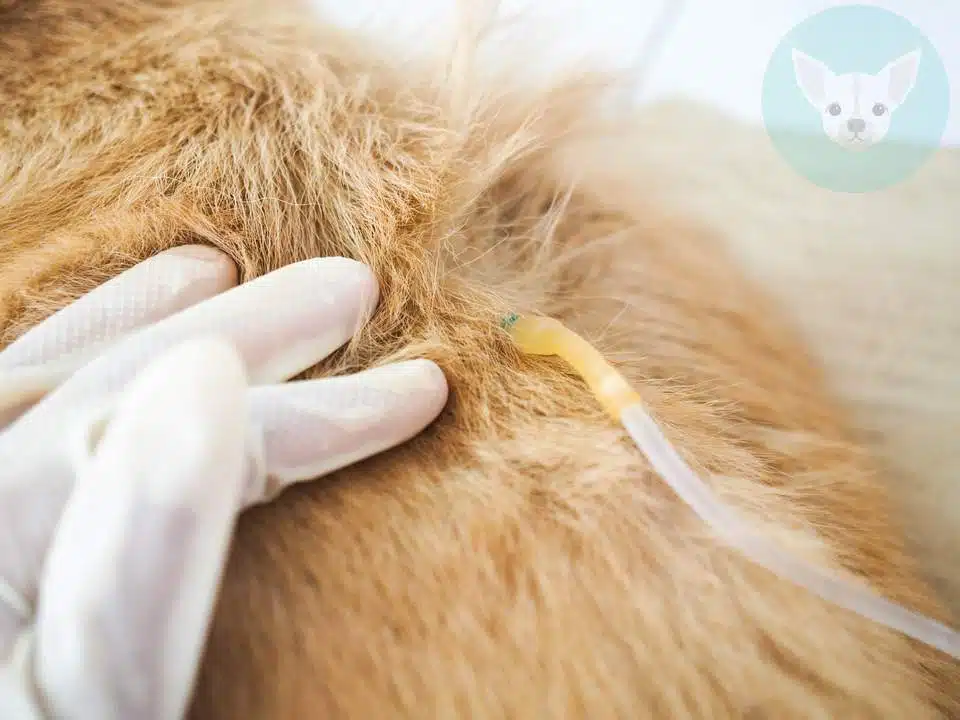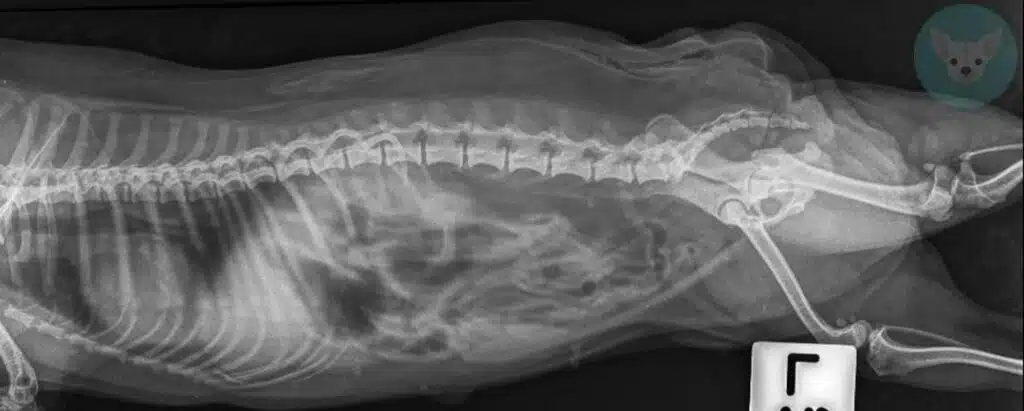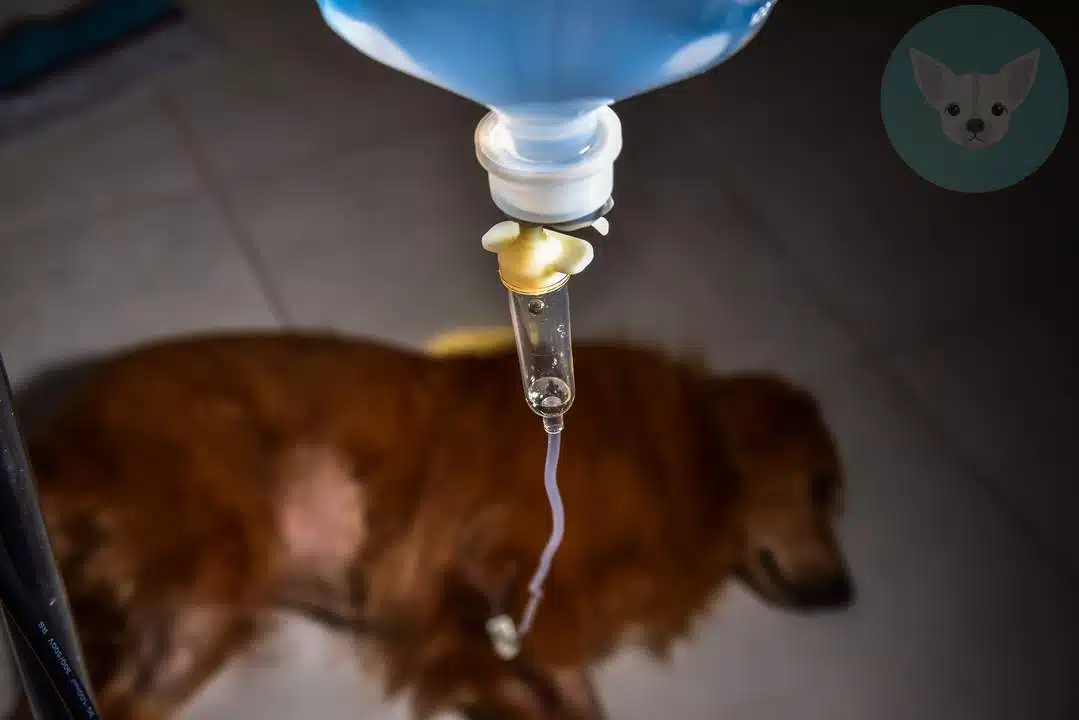Just like people, animals are susceptible to illness and stress. And, just like people, there is a lot you can do to keep them healthy.
Julie noticed her dog, Zac, was drinking more water. Not just once, but several days in a row. She knew that excess thirst can be a sign of illness, so she took Zac to her veterinarian for tests. Blood and urine tests showed that Zac was in the early stages of acute kidney disease.
But Zac was lucky. Because his problem was caught early, Julie’s veterinarian was able to treat the disease successfully and Zac made a complete recovery.
What Is Kidney Disease?
Briefly, kidneys filter and remove waste material from the blood stream. They also regulate the volume and composition of your pet’s body fluids.
There are two types of kidney disease:
Acute – a sudden loss of kidney functioning which is sometimes reversible, and
Chronic – a loss of kidney function that occurs gradually over time. Chronic kidney disease is often progressive, but, depending on the underlying cause and with careful management, animals often live comfortable lives for many years.

The causes of kidney disease can include inherited defects, infections, toxic substances, and simply aging. Although the cause of kidney disease can be difficult to determine, with careful testing by your veterinarian, the disease can often be managed. Most treatments are aimed at decreasing the workload of the kidneys, reducing the severity of symptoms, and slowing the progression of the disease.
What Are Its Symptoms?
If kidney disease has undermined the kidney’s ability to perform properly, waste materials accumulate in the blood. Signs that could indicate a potential kidney problem include:
- Loss of appetite
- Increased thirst
- Frequent urination or increased volume
- Poor hair coat
- Depression and/or vomiting

What You Can Do To Prevent Kidney Disease?
While kidney disease is most often found in older dogs and cats, even young animals can be affected. And while the disease is not always preventable, there ARE things you can do to help minimize the chances of your dog or cat developing the disease, such as:
- Feeding the best quality dog or cat food you can
- Providing continual access to clean, fresh water
- Eliminating toxic materials from the home
- Maintaining a low stress lifestyle
- Regular veterinary care to detect potential problems as soon as possible
You are your animal’s daily detective and advocate. You are your animal’s best chance for receiving medical treatment when the problem is still at an early stage and treatment is most successful. It is always better to prevent disease or to treat it early than to have to treat it after it has become advanced.






